The United States is at it AGAIN!!
The current social unrest in Venezuela aided and abetted by the United States, is not the first time and undoubtedly not the last time, it will interfere in the domestic affairs of other countries. On December 22, 2016 the NPR Host of All Things Considered Ari Shapiro, had this to say regarding one country attempting to influence the election results of another country: “The US has done it, too, by one expert’s count, more than 80 times worldwide between 1946 and 2000.” If election interference is not successful military intervention is not ruled out. The recent Presidential Elections in Venezuela is no exception as to the United States’ role in influencing political outcome in foreign countries.
On Sunday July 28, 2024 the people of Venezuela went to the polls to elect a new government under the leadership of Nicholas Maduro. According to the National Electoral Council there were 21,392,466 people eligible to vote in the elections, consisting of 10 candidates. Despite this fact, the real contest was between the ruling Socialist Party lead by incumbent Venezuelan President Nicholas Maduro and Edmundo Gonzalez of the US-backed main opposition group whose spokesperson and real leader is discredited Maria Corina Machado. Machado was disqualified earlier in the year for engaging in disruptive and insurrectionist activities against the State of Venezuela; the Venezuelan Supreme Court later upheld her disqualification.
The Opposition Aided by Washington Reacts to The Election Results
With a reported 59 percent voter turnout and international observers from sixty-five countries, President Nicholas Maduro received 51.2 percent of the votes compared to Edmundo Gonzalez’s 44.2 percent. These election results clearly indicate that the people of Venezuela have electorally declared their support for the Socialist Party and its commitment to carrying on the “Bolivarian Revolution” as initiated by the late President, Commander Hugo Chavez. This mandate, however, has been violently opposed by the leading opposition group and their benefactors in Washington.
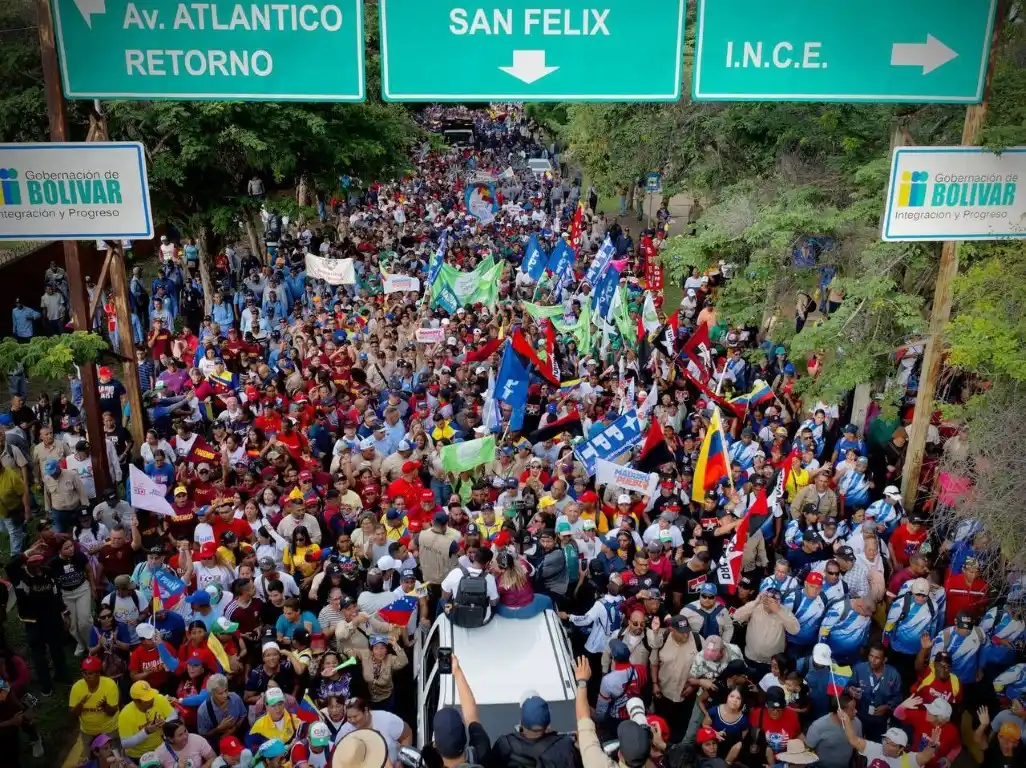
Venezuelans march in support of the election results and in defense of their Constitution - Photo: @partidoPSUV, @MundoConVzla
Almost immediately after the announcement of the election results, the far-right opposition led by Maria Corina Machado and her puppet “figurehead” Edmundo Gonzalez refused to accept the results, which not even the international observers disputed. Machado and Gonzalez’s supporters took to the streets and launched a campaign of violence and chaos across the country: streets were barricaded; tires set on fire blocking major roads; statues of Hugo Chavez destroyed; and interruption of transportation between Caracas and the main airport in La Guairá. On Monday afternoon the violent mob attempted to enter the Presidential Palace in Miraflores but were stopped by police. Two more attempts were made to advance on the Presidential Palace including clashes with the National Guard but again were stopped by police.
On Monday July 29, the National Lawyers Guild praised the “fairness, and transparency of the Venezuelan election process” and condemned “the role of the US in undermining the democratic process.” “The delegation observed a transparent, fair voting process with scrupulous attention to legitimacy, access to the polls, and pluralism. Their successful outcome is a triumph for the Venezuelan people,” reads the communique. This election aftermath is just the most recent in a string of actions taken by United States imperialism and its agents in Venezuela, to thwart the will of the Venezuelan people, destroy the building of an egalitarian society started by late President Hugo Chavez and ultimately return the country to the will of capital and the local oligarchs.
The United States through its Secretary of State Anthony Blinken commented on Thursday August 1st that: “given overwhelming evidence, it is clear to the United States and, most importantly, to the Venezuelan people that Edmundo Gonzalez Urrutia won the most votes in Venezuela’s July 28 presidential election.” As usual, the United States make these claims without providing one shred of evidence; it is in keeping with their intent to shape public opinion in favor of the “empire; “ they have done it to Cuba, Nicaragua, Russia, Iran, and any country they do not like. The real reason behind this is the longstanding venom they have against Venezuela and the socio-economic path it chose to take.
Why the United States Hates Maduro and The Bolivarian Process
This “feud” between Venezuela and the US goes back especially to the 1990’s; this is the period when the entire political characteristics of Venezuela changed. The traditional political Parties had lost credibility with the masses: inept leadership, widespread corruption, and their support for oppressive socio-economic measures, that further worsened the social conditions of the masses. Fast forward to the campaigning and ascendancy to power of late President Hugo Chavez in 1998. Chavez’s Presidency heralded a new and progressive era for the Venezuelan people.
With Chavez, working class involvement in the national political process increased; community groups organized their own neighborhood security where police failed; indigenous groups became more visible including recognition of their cultural practices. The most impactful transformation of the society was the constitutional reform initiated by Hugo Chavez. In brief, the Constitutional reform included more working-class democracy including the inclusion of previously marginalized sections of the society, presidential term limits and most importantly, a recall provision of elected officials. In foreign relations, the Constitution promoted the reality of a multipolar world and encouraged hemispheric integration. The most poignant aspect of the constitutional reform was that the country would refuse to be party to any international Agreement that recognized the authority of a “superior” judicial body to resolve disputes. This would include treaties with international lending institutions like the International Monetary Fund (IMF) and the World Bank.
Finally, ultimately, it is the question of oil. Early during the Hugo Chavez’s presidency oil was sold at $8 a barrel, the lowest it had been in years. From 2001 and 2002 Venezuela became the leader of the Organization of the Petroleum Exporting Countries (OPEC); during that time Hugo Chavez visited all ten of the OPEC member countries, in an effort to seek collaboration to increase the price of oil. The United States’s response to this was that Chavez was associating with “terrorists;” Chavez’s visit resulted in him extending invitation to all the member States to visit Venezuela for the summit to be held in Caracas, Venezuela. Chavez’s ideological outlook and commitment to social justice, encouraged Venezuela to lobby for OPEC to adopt a socially conscious attitude to the plight of developing countries. The result of this is reflected in the communique from the meeting.
In practice, this social consciousness was translated into Venezuela setting up Petrocaribe which was an agreement between Venezuela and Caribbean member States, to provide petroleum products on a concessionary basis; to aid in economic cooperation and assist in the development of social programs in member states. The “offshoot” of this program was Citgo the US arm of Venezuela’s State-owned oil company Citgo Petroleum. In December of 2007 Citgo delivered oil for poor homeowners in Boston and New York’s South Bronx; this program was the third year of Venezuela providing heating oil assistance to poor people. As Alejandro Granado President of Citgo Petroleum said: “This is a gift coming from the heart of the Venezuelan people to the heart of the American people.” Further, the Chairman of For a Better Bronx, Vincente Alba said: “We can’t get $1 for anything from an American oil Company, let alone for heating oil.”
Another significant reason why the United States and it allies are adamant in attempting to delegitimize the results of the Presidential Election, is not just to thwart the Bolivarian process, but ultimately kill the building of socialism in Venezuela through the Communes. The Communes are self-organized community cooperatives, formed by the citizens of the respective region. They engage in varied economic development projects including food production and distribution; pharmaceuticals; education; housing and a women’s center, among others. The surplus derived from the Communes’ economic endeavors is what is used to provide these social programs. Today the Communes are alive and well in Venezuela and are the backbone of the Bolivarian Revolution initiated by the Late President Hugo Chavez.
As punishment for Venezuela exercising its right as a sovereign nation and determine its own path of self-determination, the United States has fomented disruption and encouraged Far-Right extremists to disrupt, carry out assassination attempts and when these all failed, the US has unilaterally adopted Sanctions against Venezuela, to cripple the economy and undermine the government, thereby effecting regime change.
The Venezuelan People Must Strongly Resist Imperialism’ and Their Agents
The reactionary section of the United States’ ruling class have never learnt from their misadventures and recklessness around the world; whether it is in Iraq, Afghanistan, or Libya, they have created fiasco after fiasco that have left capitalism deeper in crisis, both economically and politically. The reign of the US dollar as the preferred currency for international trade is seriously threatened by China and Russia; the BRICS organization has been discussing the feasibility of an alternative currency for trading. The misadventure in encouraging NATO to foment a proxy war between Ukraine and Russia, have plunged US finance capital into further crisis. The United States and the European Union (EU) keep pouring money into an already lost war between Ukraine and Russia. Worst, it has put the EU in a quagmire for securing affordable petroleum products.
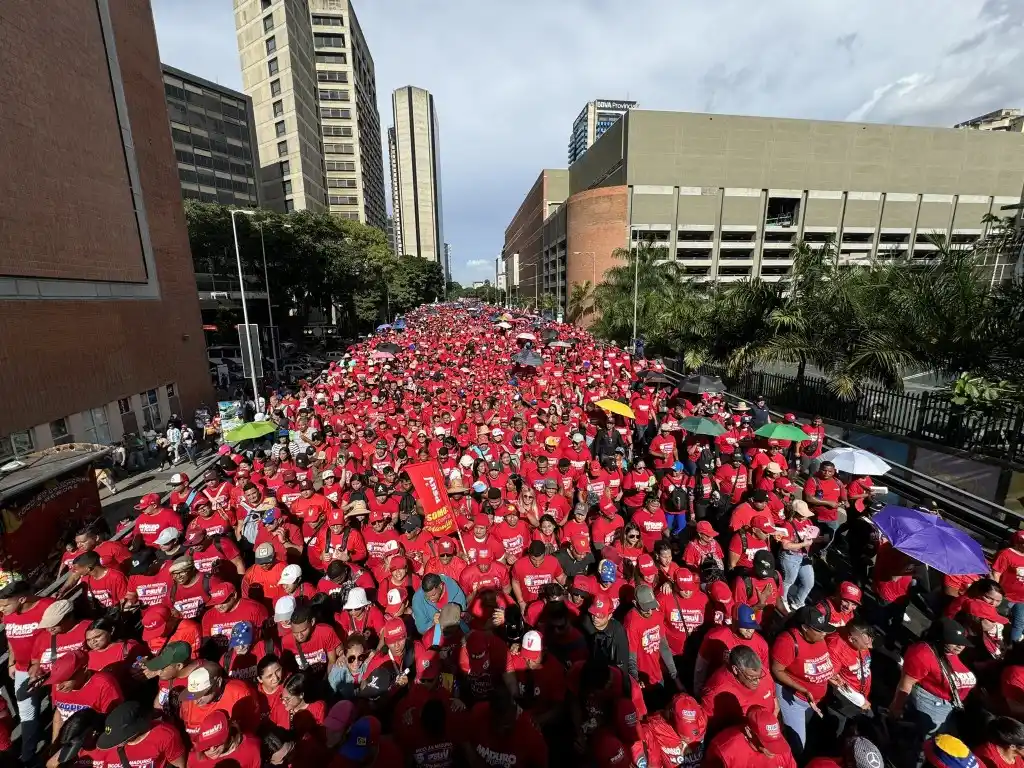
Chavismo rally in Caracas, Venezuela, Saturday August 3, 2024 - Photo: @partidoPSUV, @MundoConVzla
By placing Sanctions against Russia, Iran, and Venezuela, the European countries cannot readily find a source of petroleum products that is easily attainable, affordable, and in the quantities needed. Buying natural gas from the United States would be costly and not sufficient to support domestic and export needs; like the jazz tune titled “In Walked Bud” in this instance, in walks Venezuela. The United States needs Venezuelan oil. The people of Venezuela who support and struggle for peace, working class democracy and progressive social progress, have again spoken; they want to keep and continue to consolidate the Bolivarian process. They have courageously resisted and defeated attempts by the Far-Right reactionaries in 2000, 2006, 2014 and the Juan Gerado Guaido fiasco in 2019. Despite United States and its allies intervention, the people of Venezuela will again prevail and save their country from imperialist oppression and fascism.
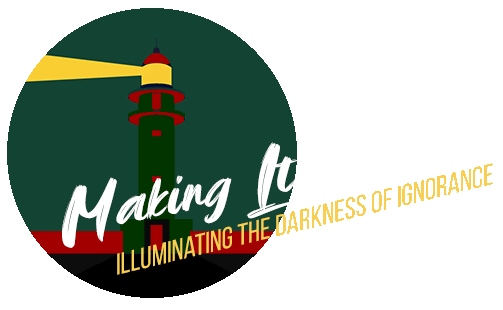
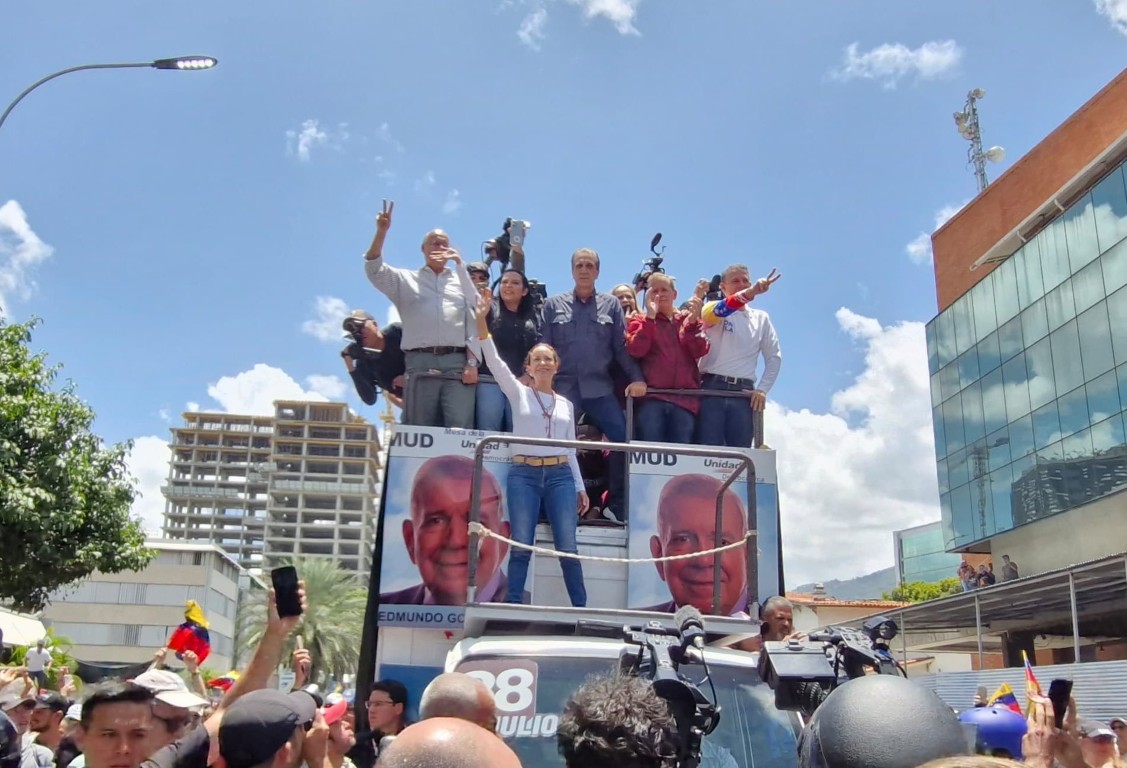
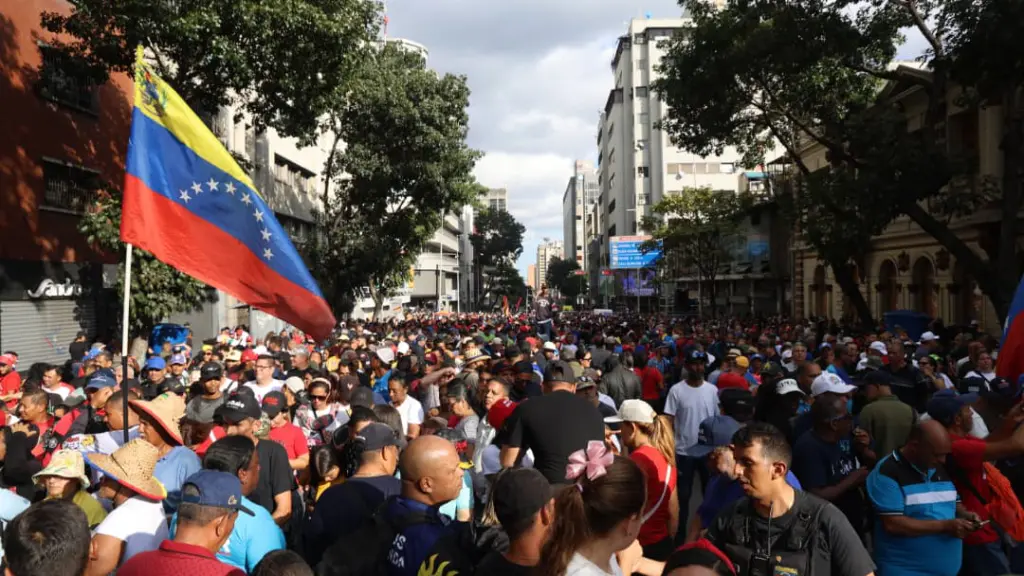
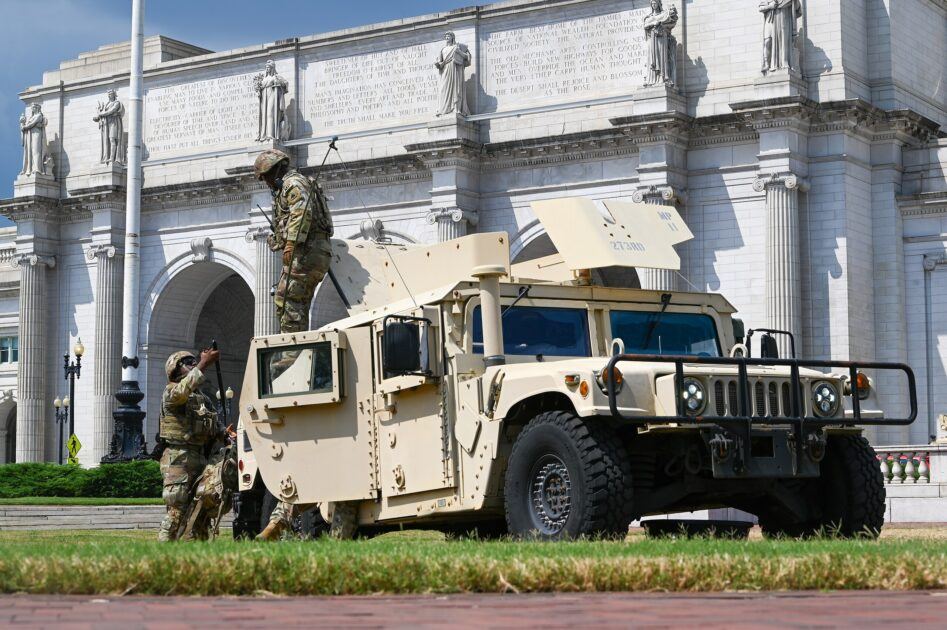

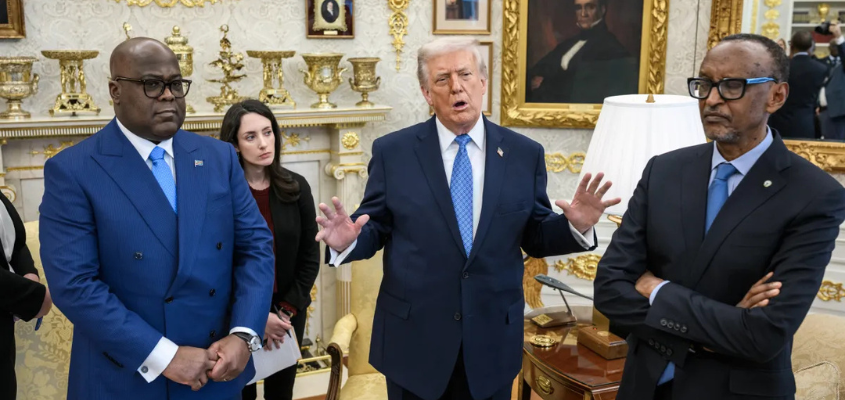
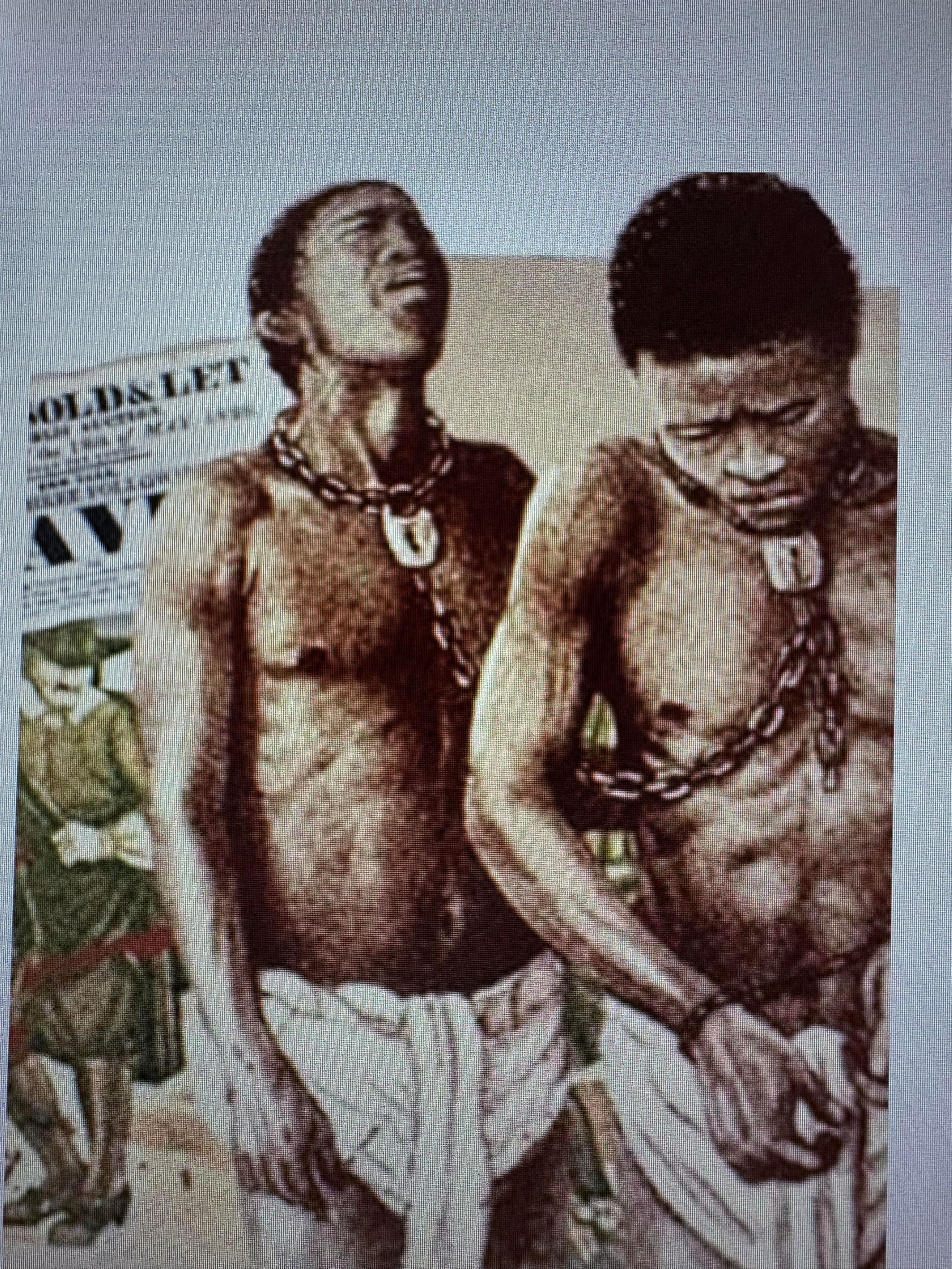

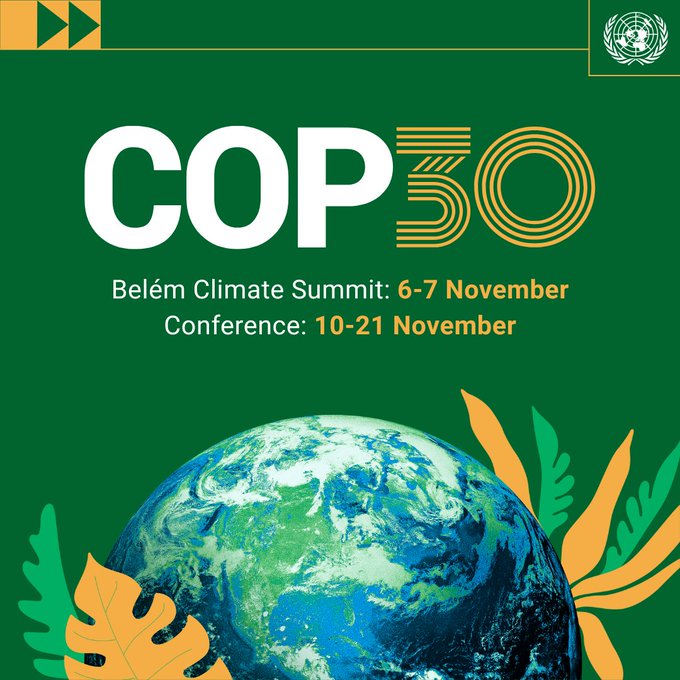

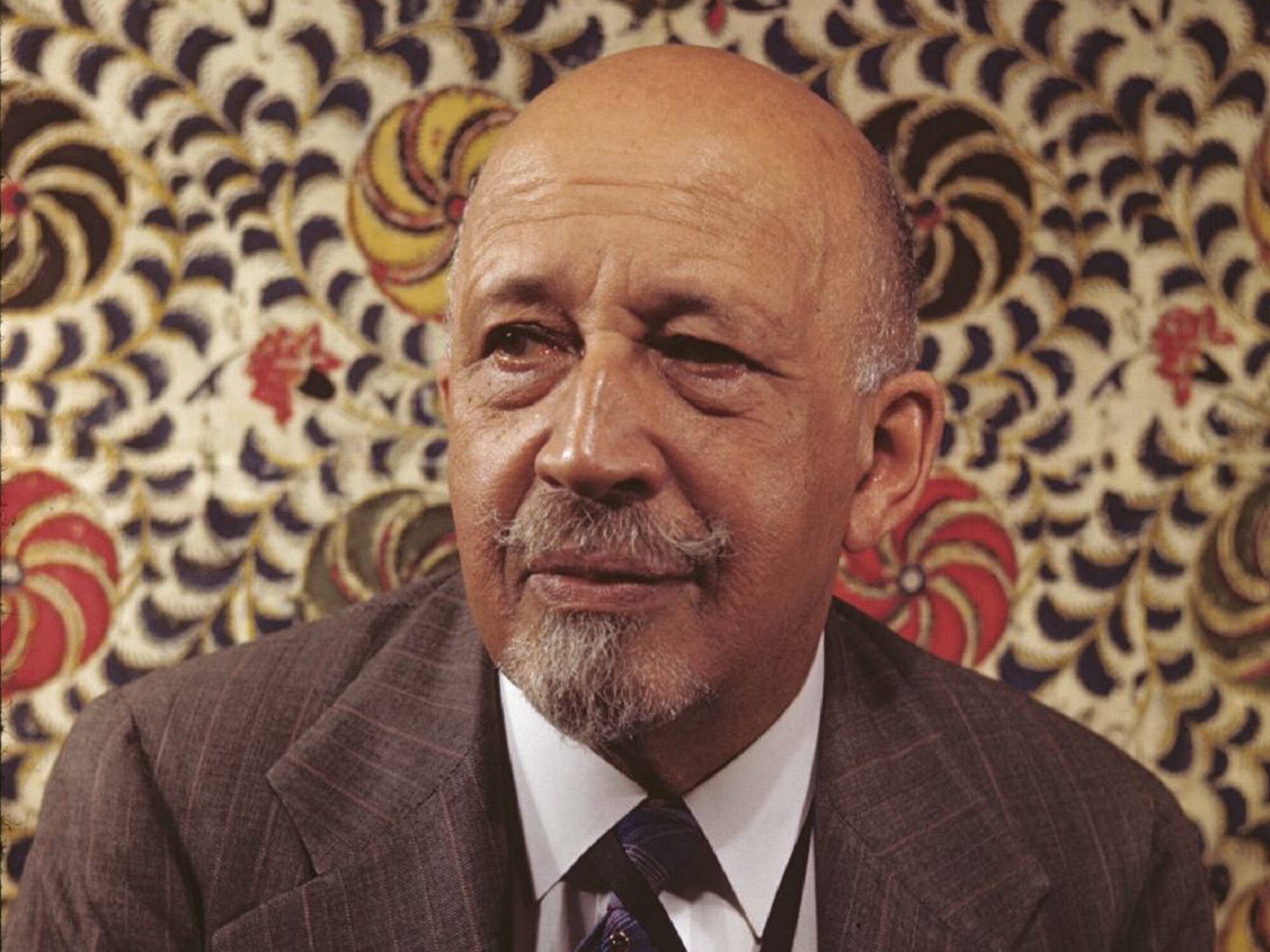

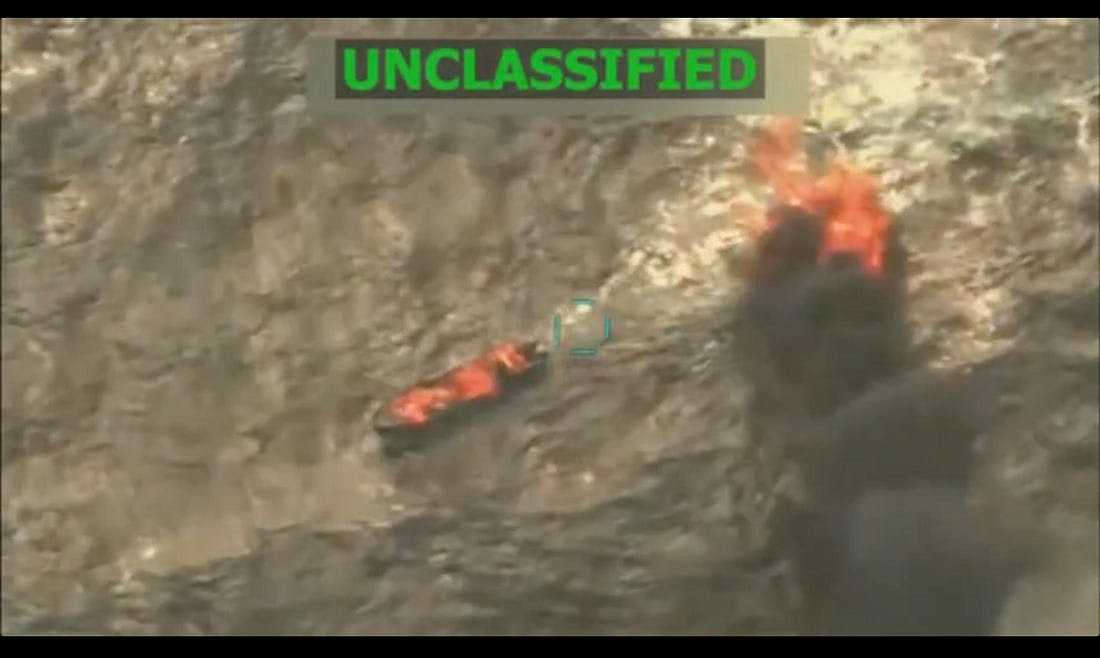
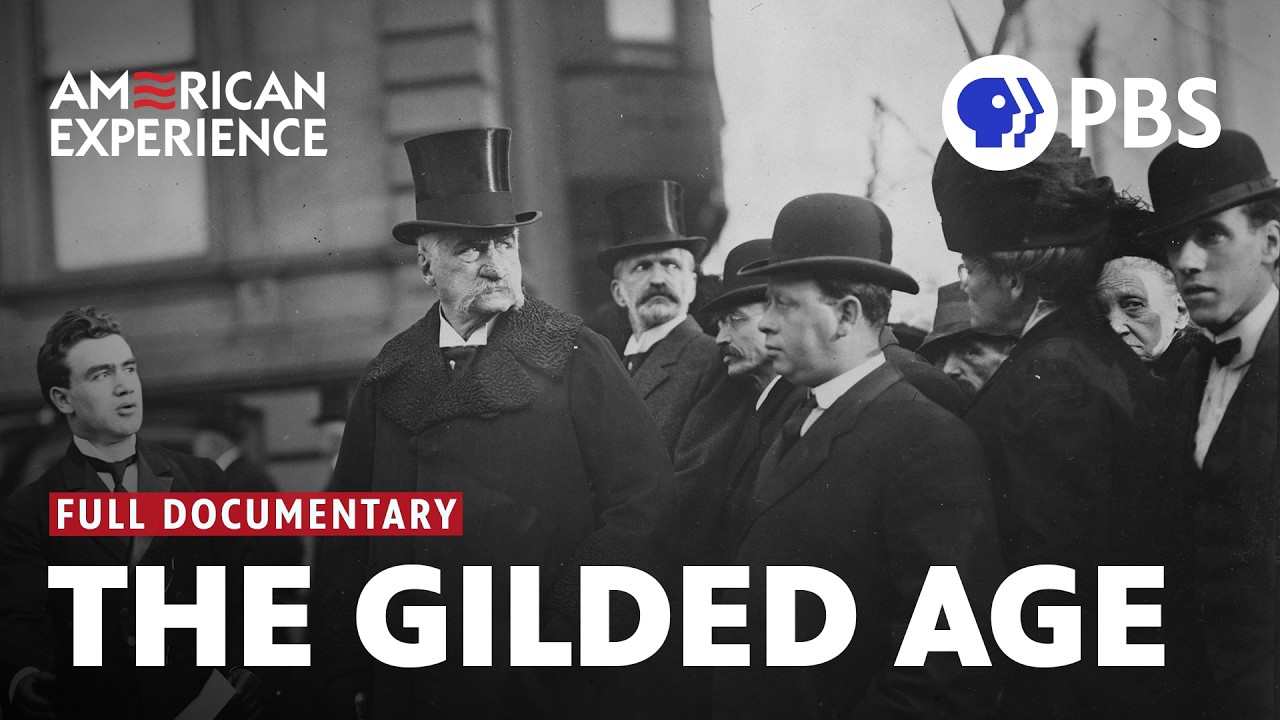
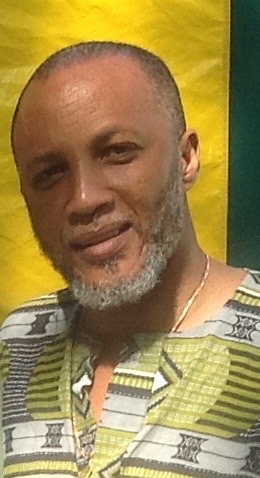
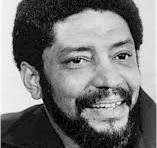
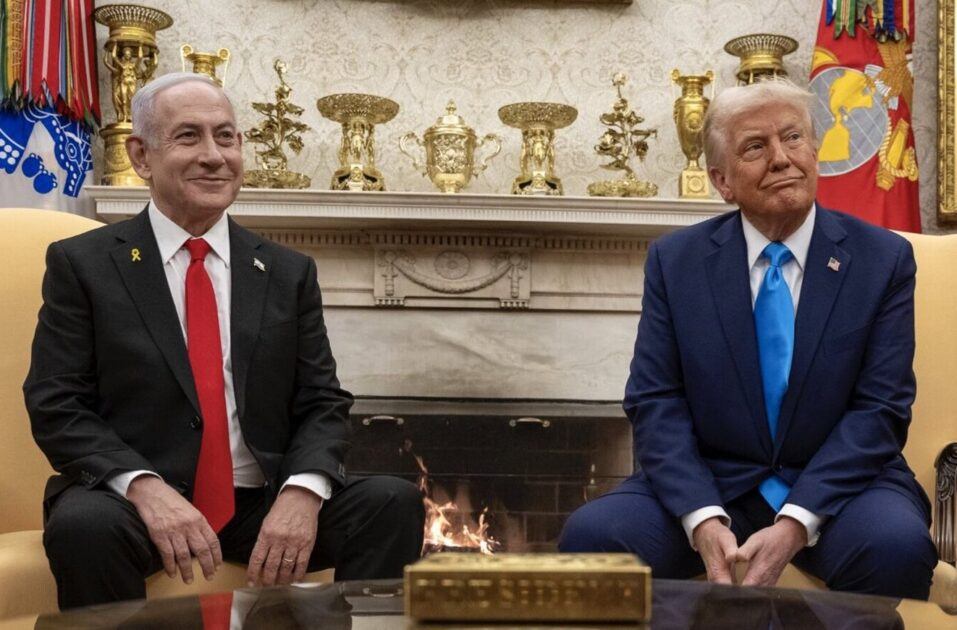
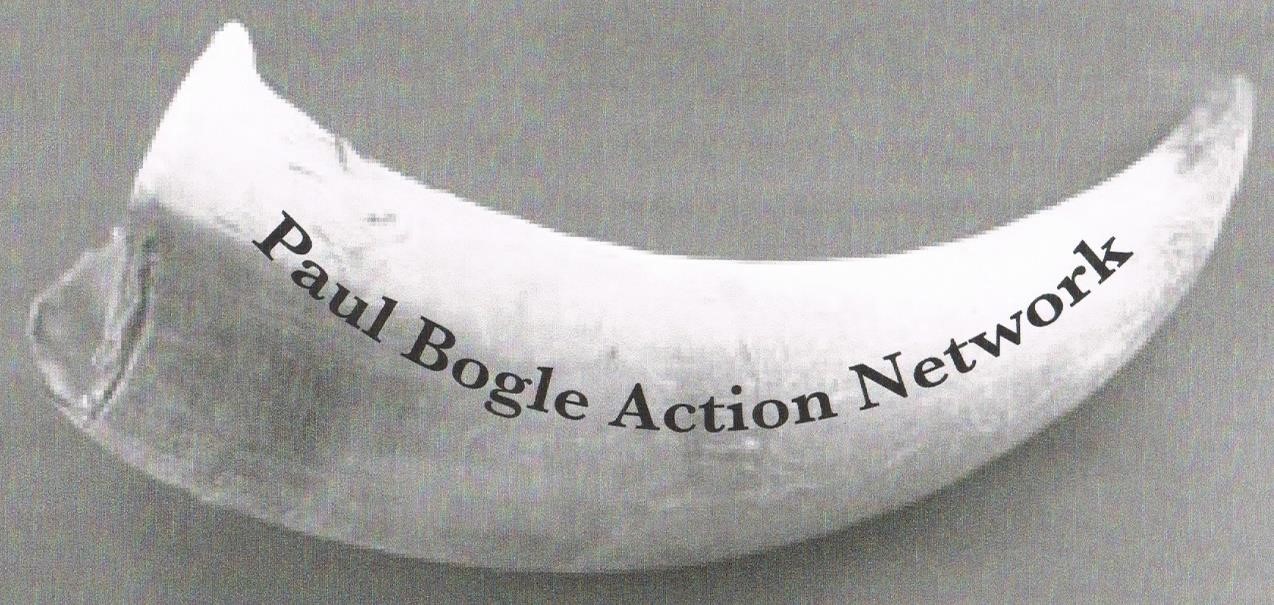
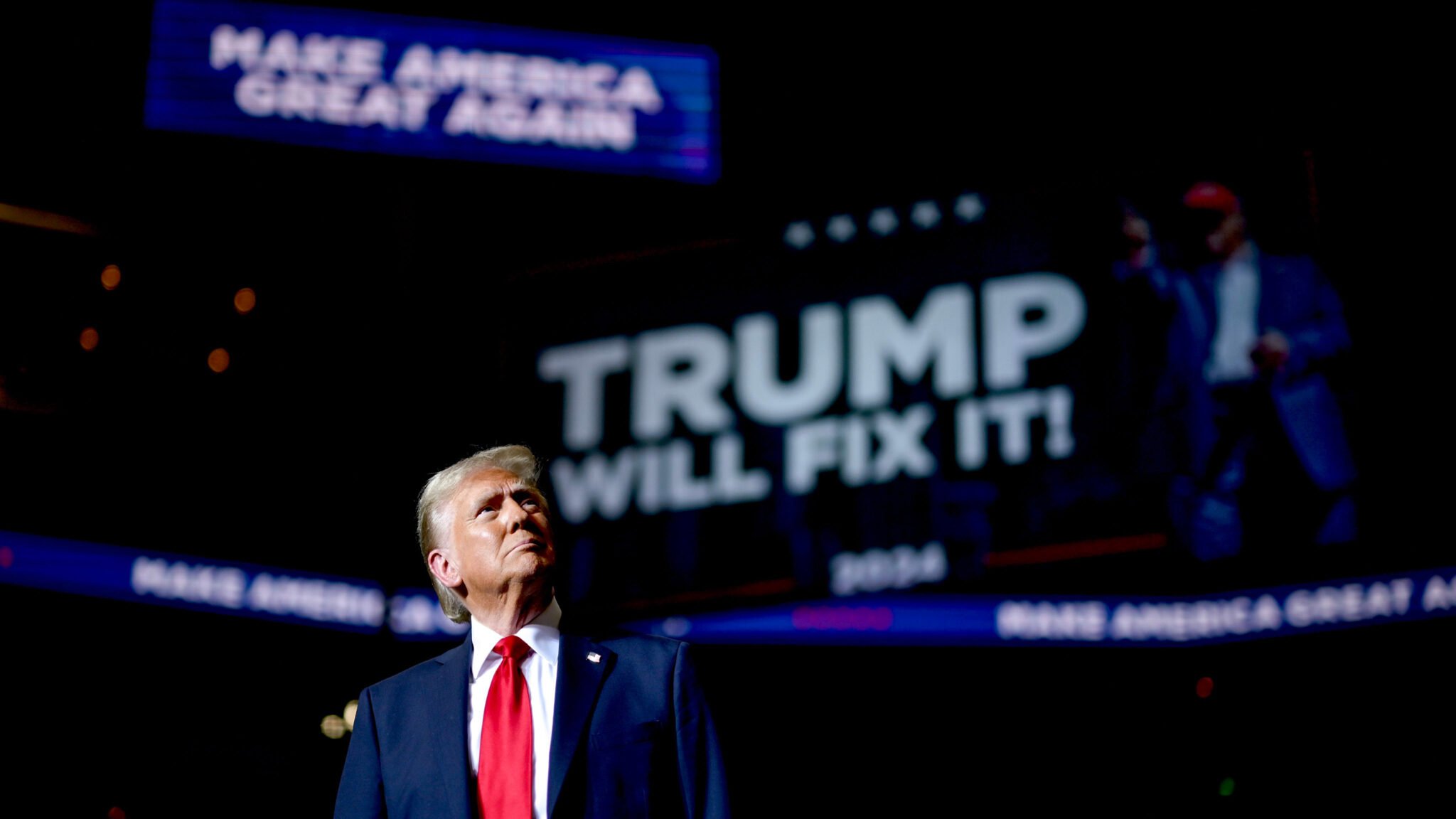
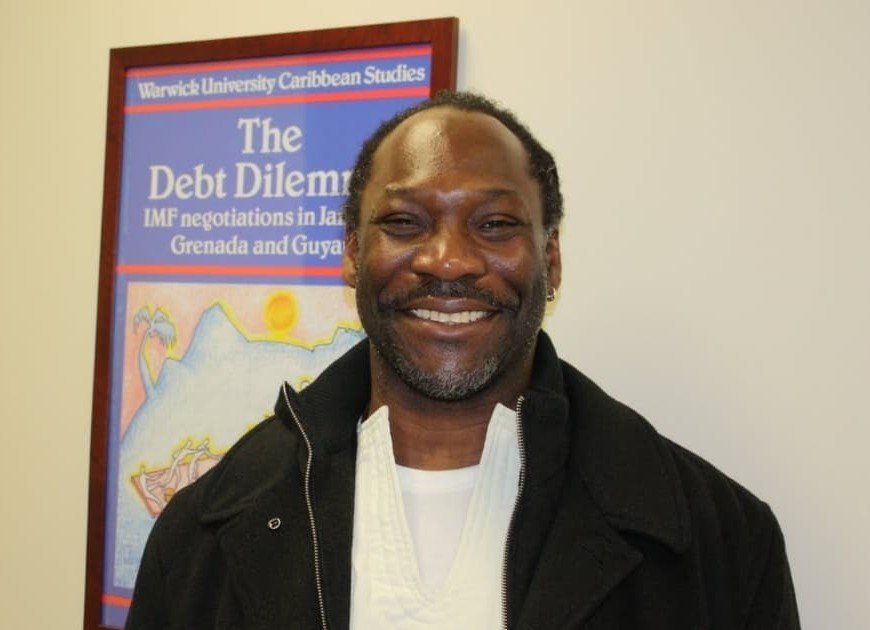
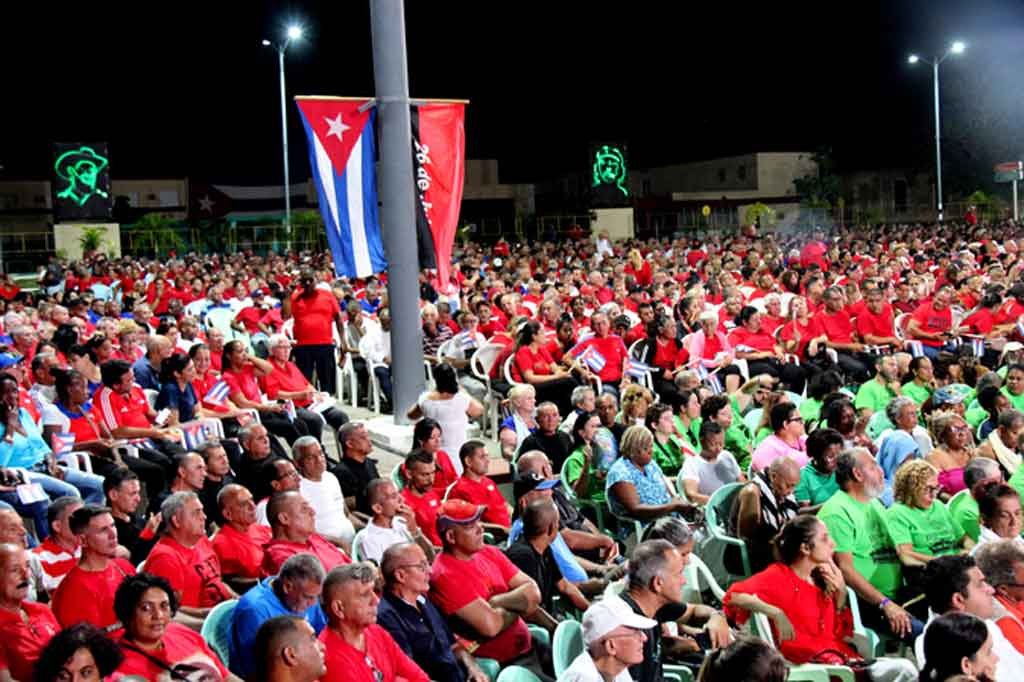
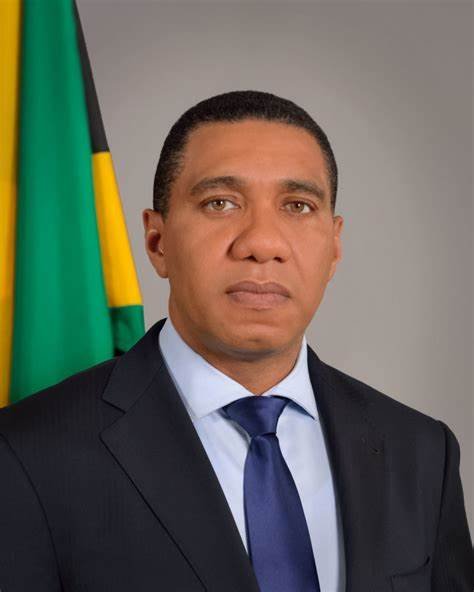
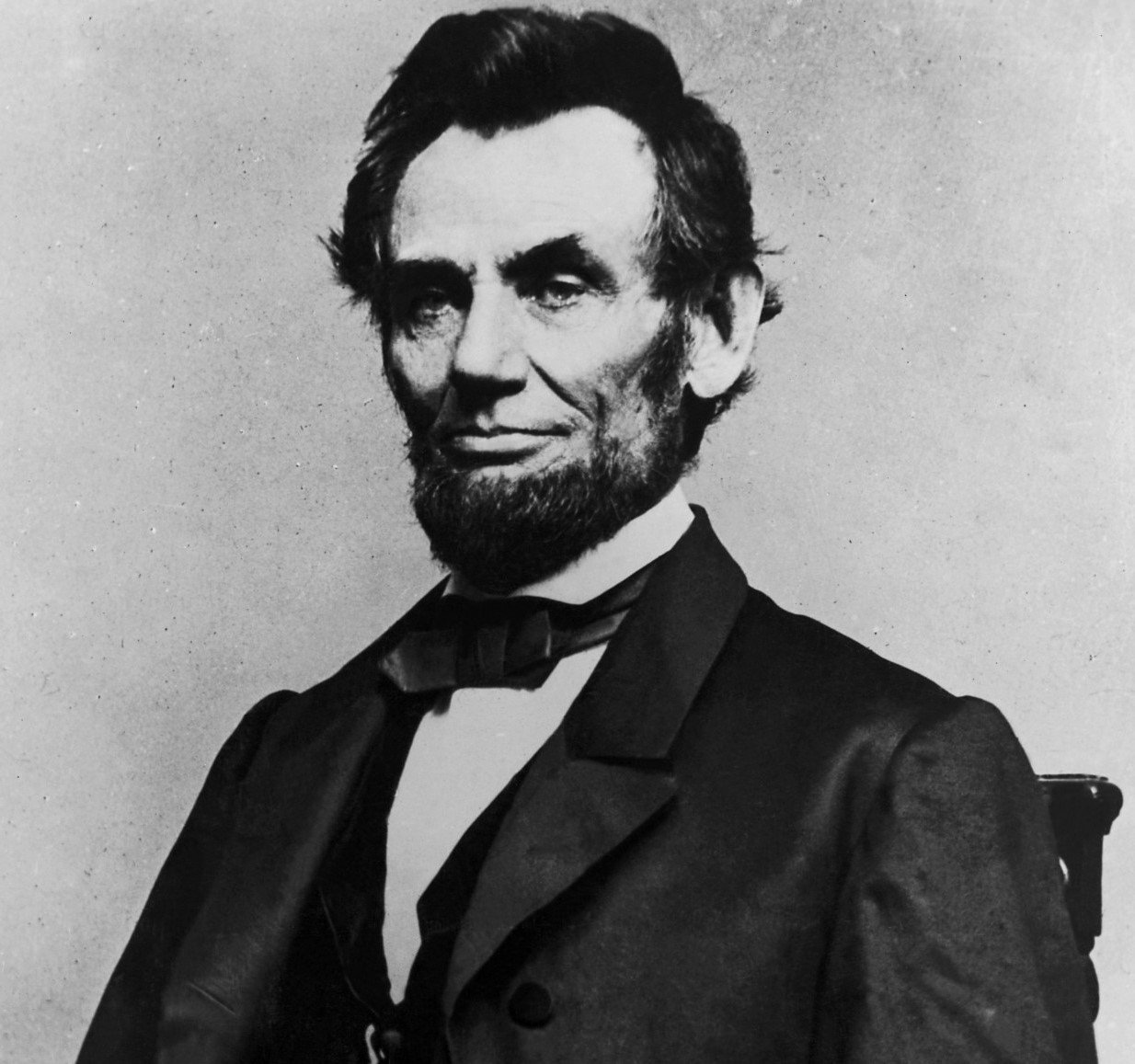
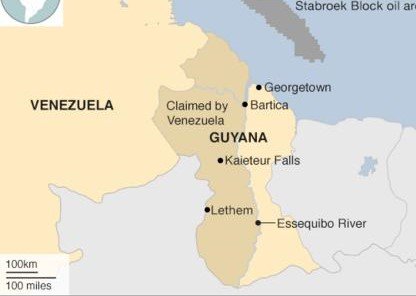
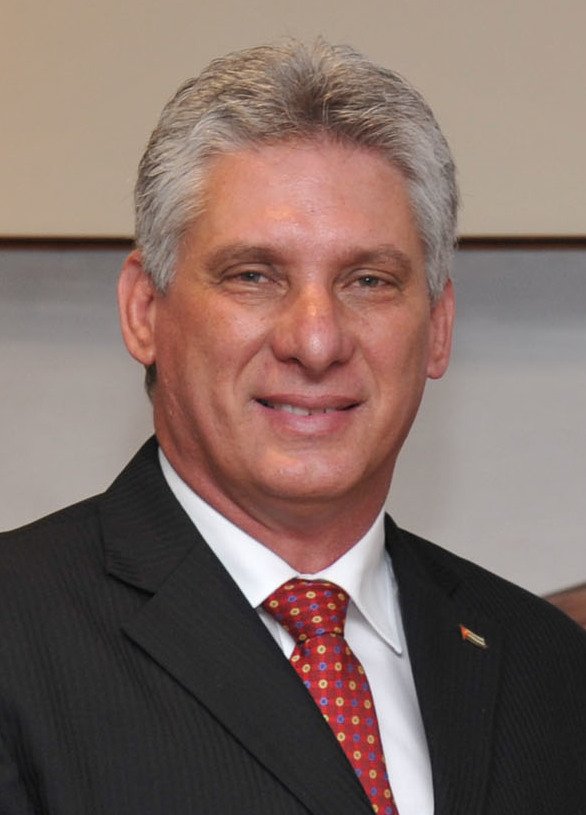
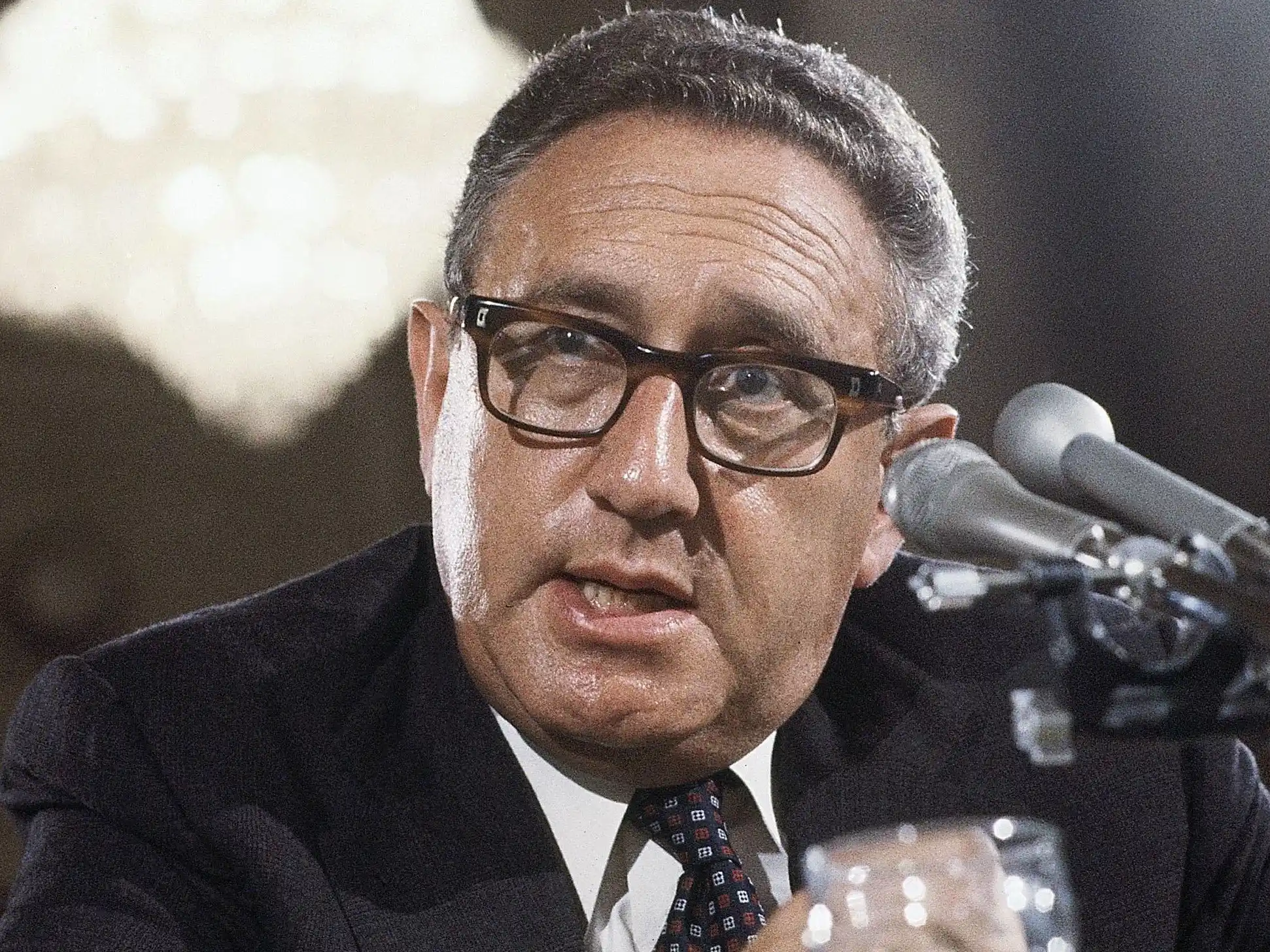
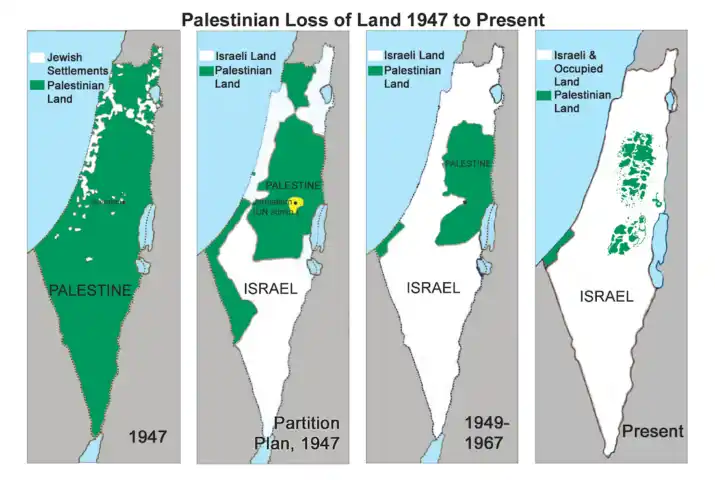
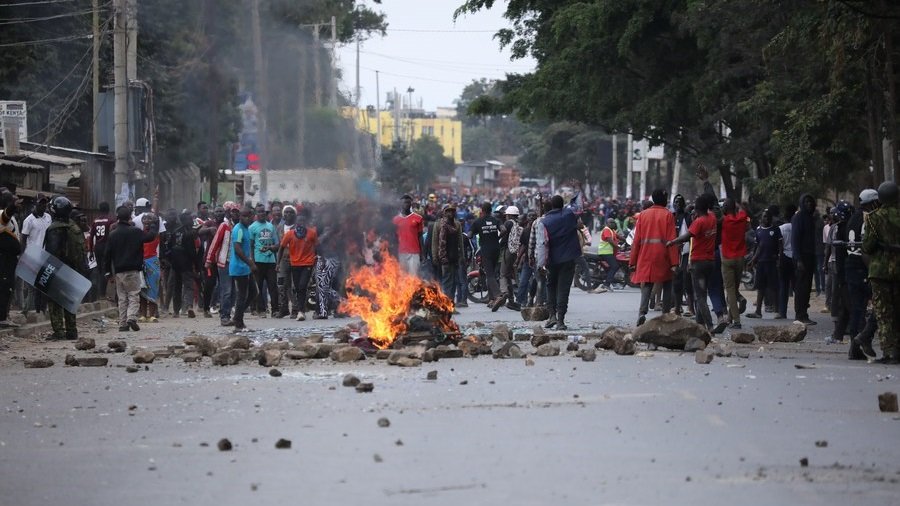
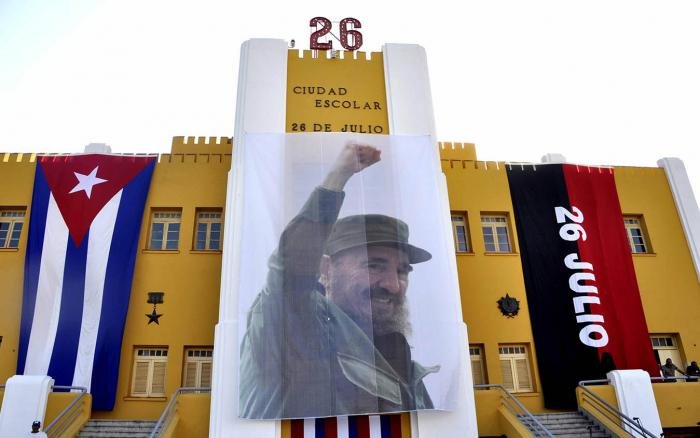
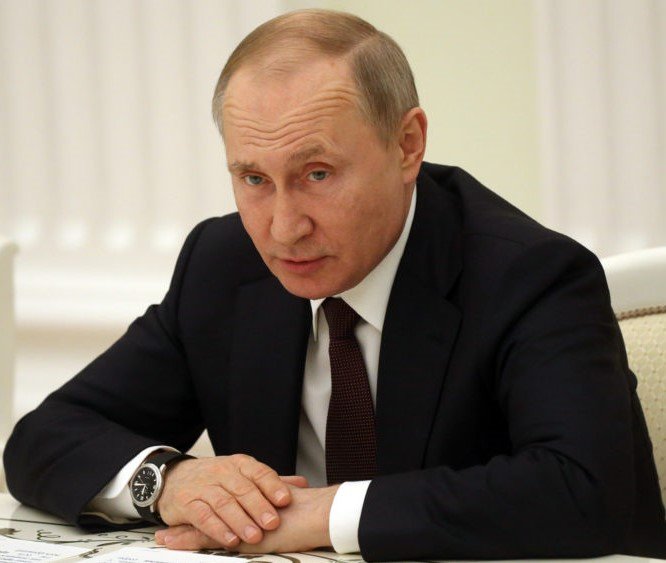
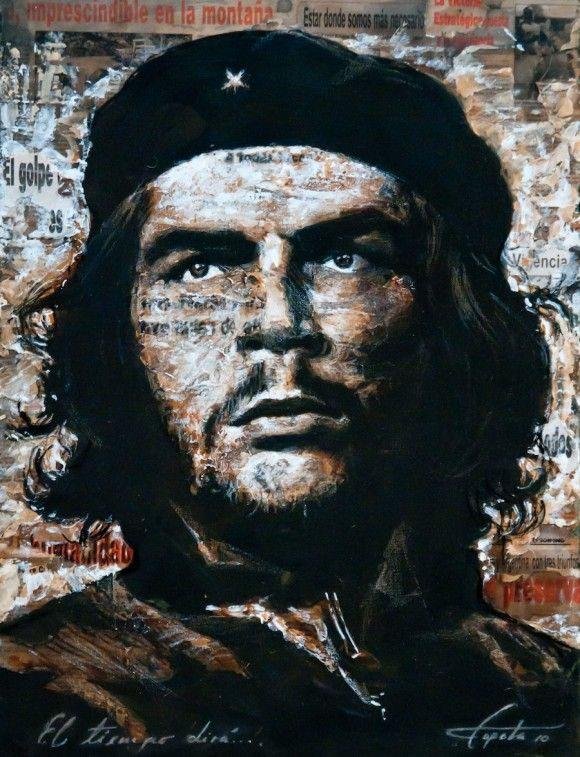
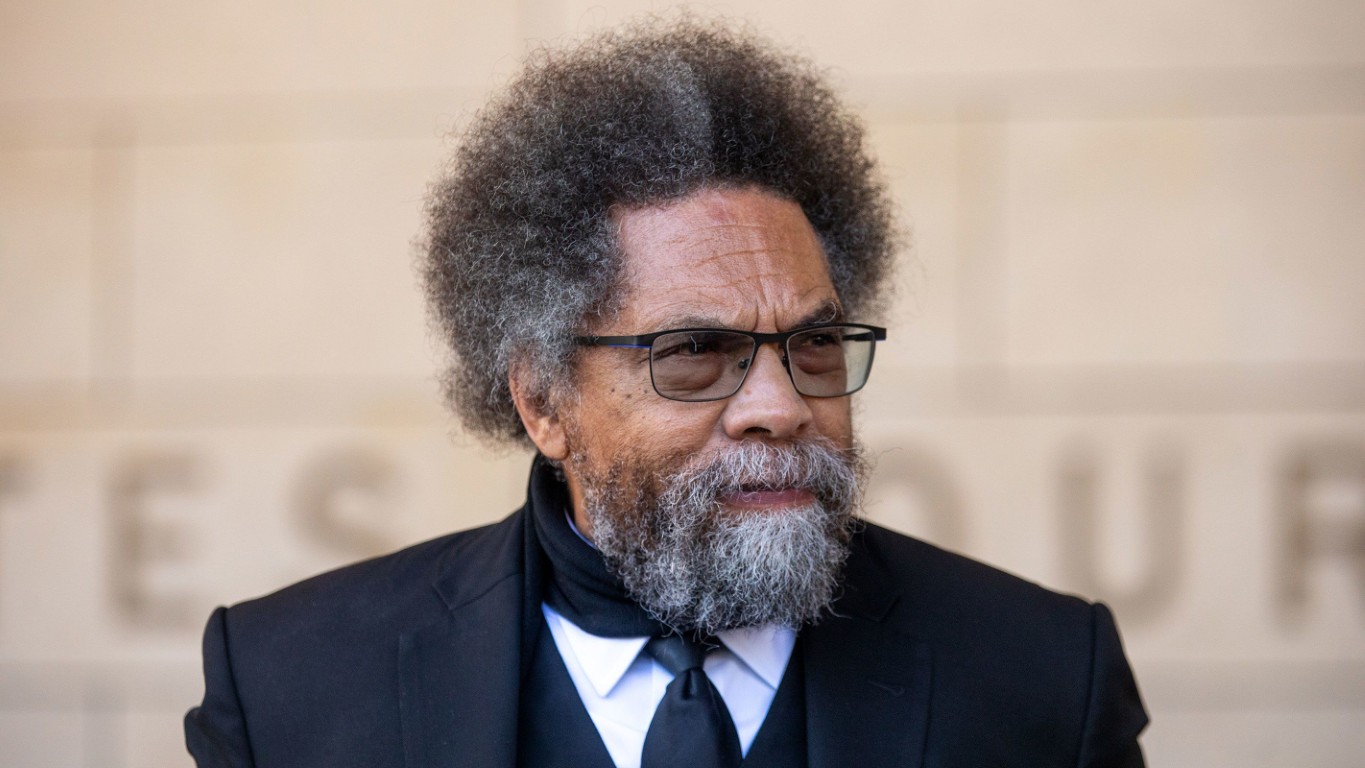
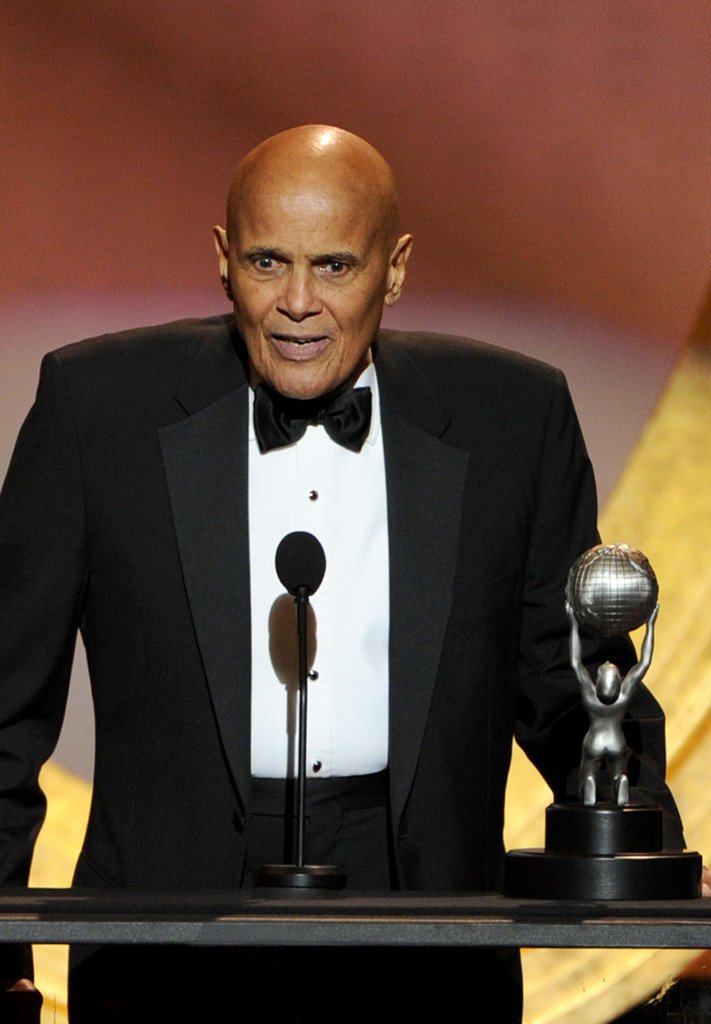
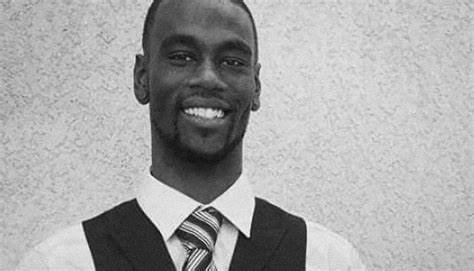
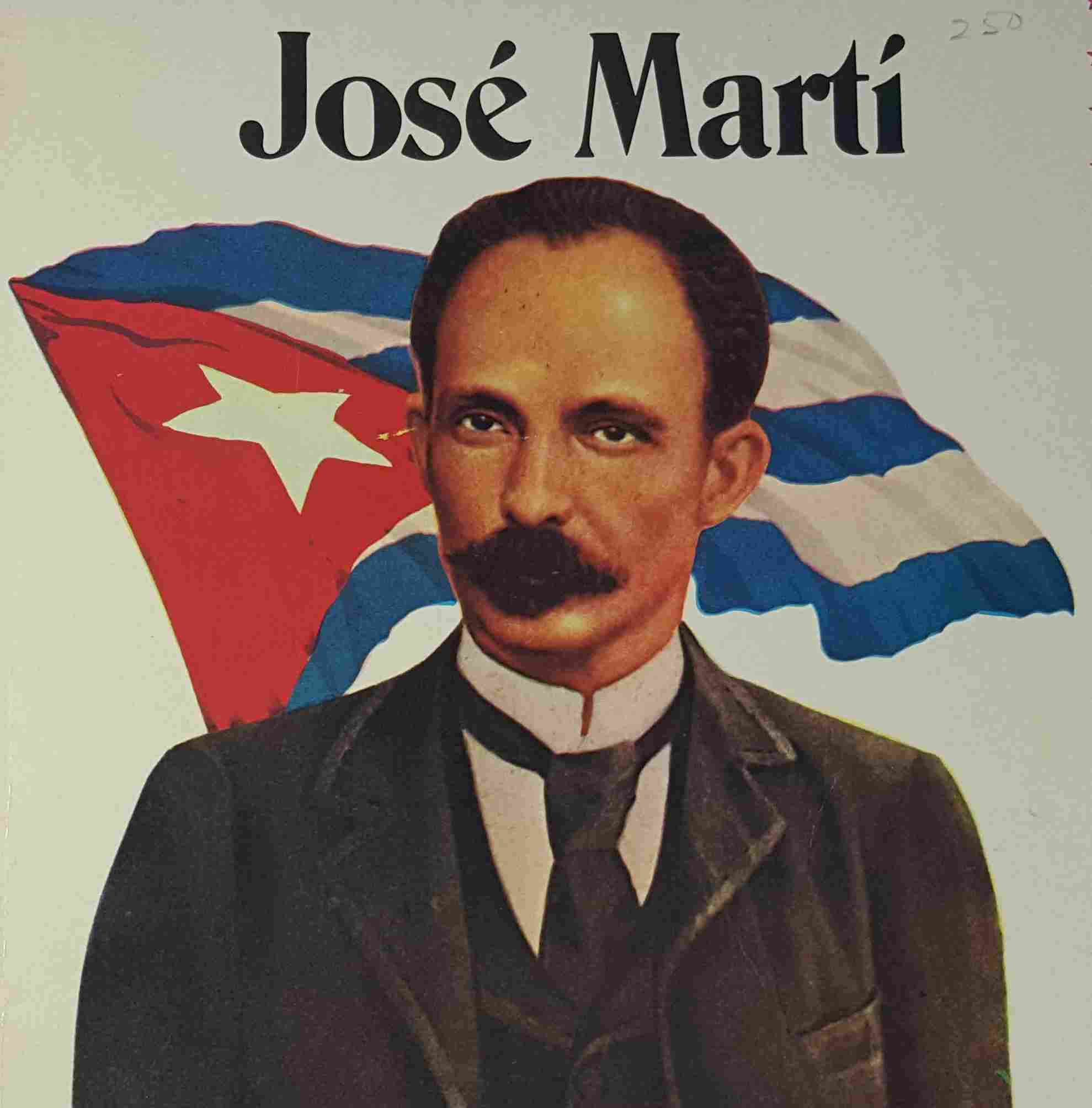
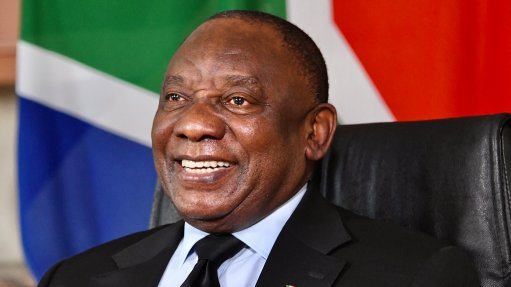
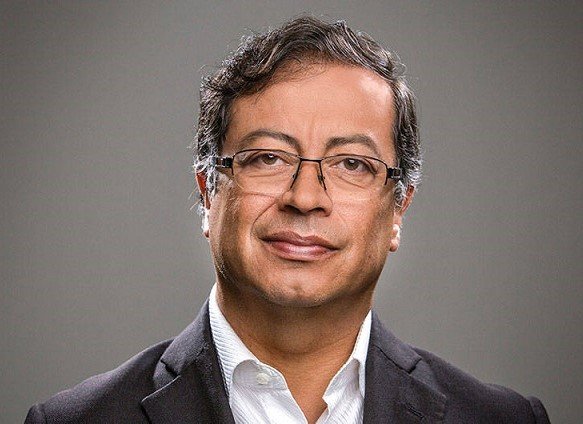

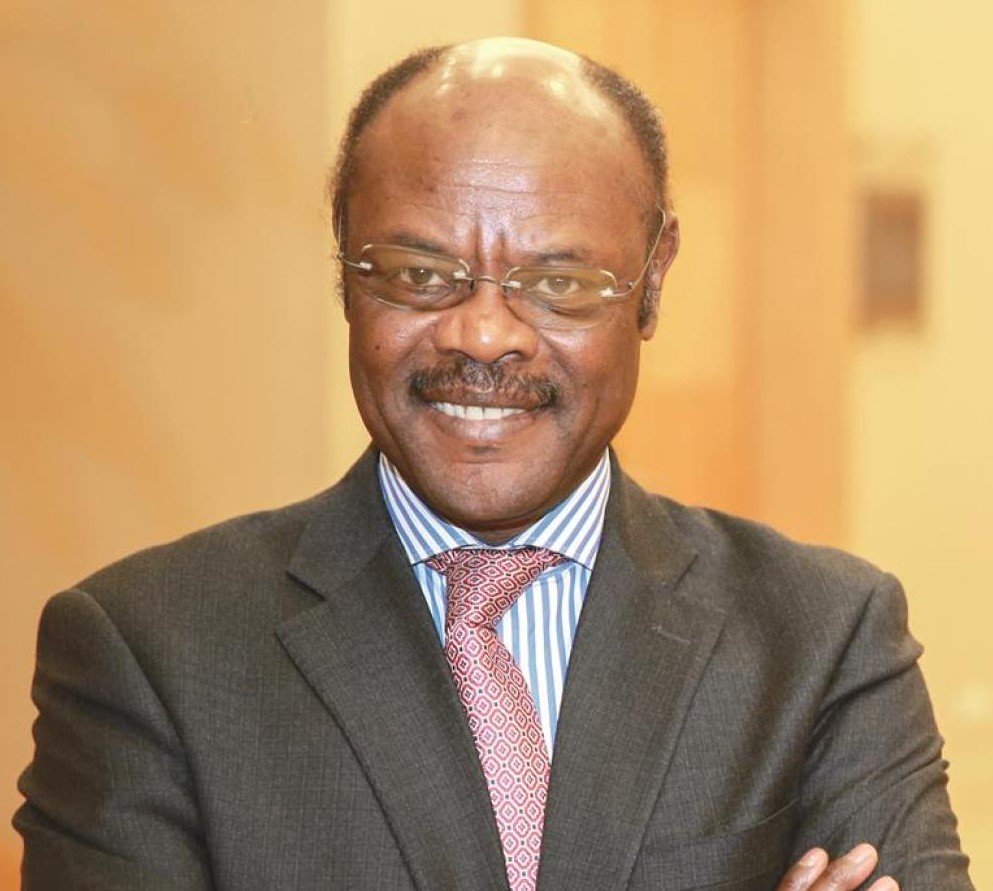
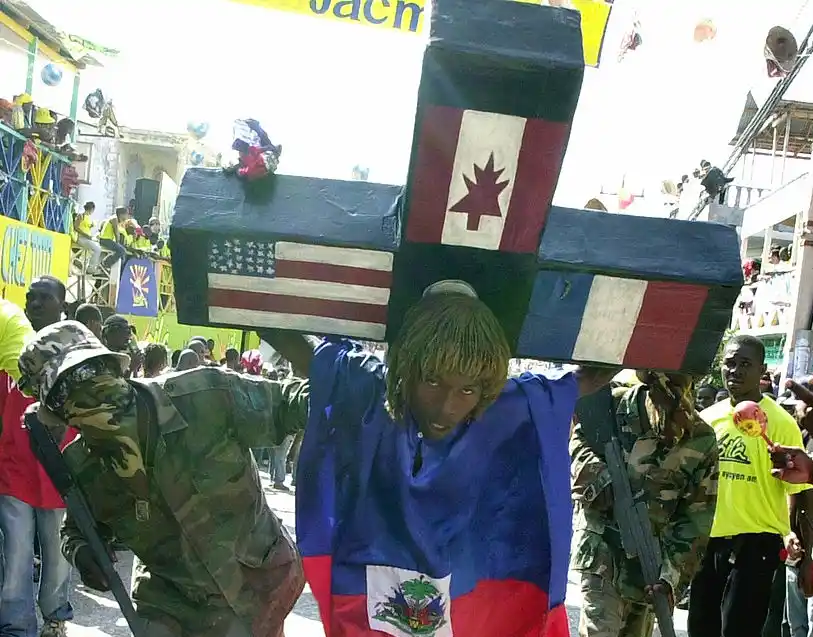
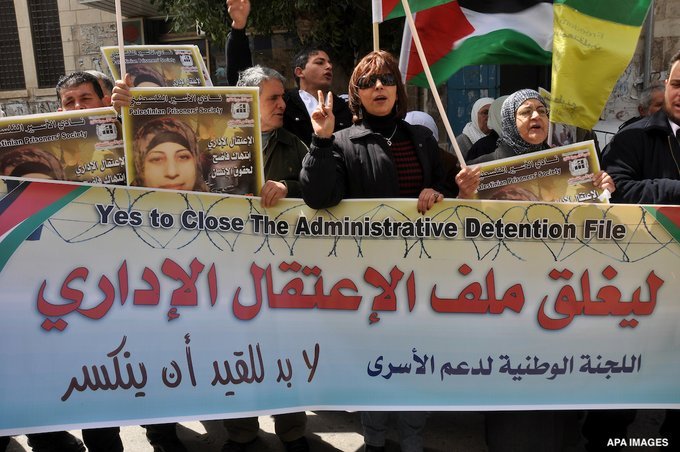
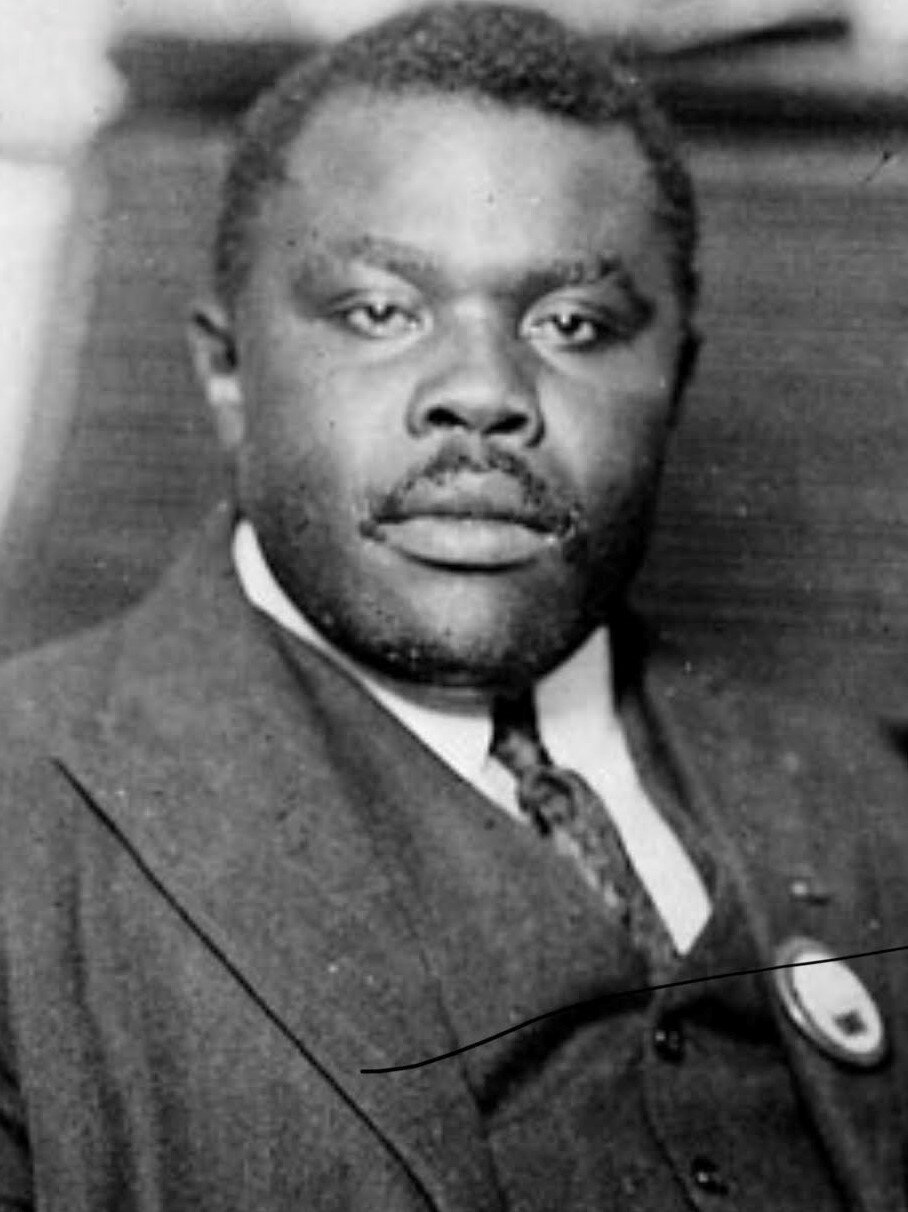
Share with your network